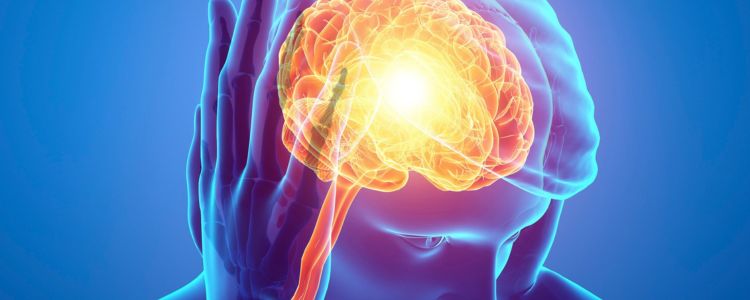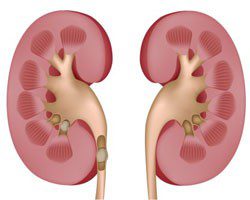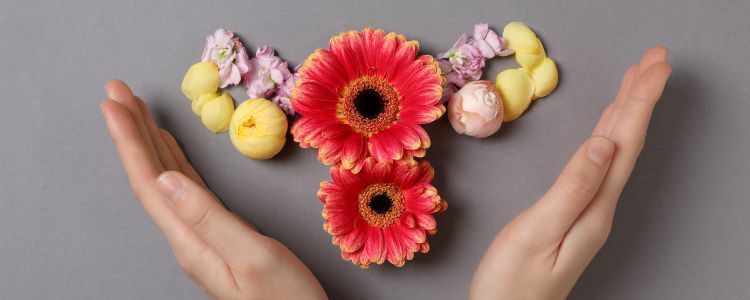
10 Surprising Causes Of Urine Infections
- Dr. Aditi Sharma
- No Comments

A Urinary Tract Infection (UTI) refers to inflammation and irritation of the urinary tract by the bacteria. Cystitis or inflammation of the urinary bladder is the most common form of UTI followed by urethritis (infection of urethra) or pyelonephritis (infection of the kidney) especially if left untreated. Urine infections are quite common and can adversely affect the life of an individual. This article will highlight the surprising UTI triggers along with its management and UTI prevention tips.
Table of Contents
ToggleWhat are the signs and symptoms of Urinary tract infections?
The various UTI symptoms are as follows: –
- Burning pain during urination.
- Frequent yet ineffectual urge to urinate or passing only small amounts of urine frequently.
- Dark yellow, cloudy, or pungent smelling urine.
- Constant pain or pressure sensation in lower abdomen.
- In severe cases of UTI there is high grade fever with chills.
- In severe cases of UTI there may be blood in urine.
- Above mentioned symptoms of UTI along with fever, backache, nausea, or vomiting strongly indicates kidney infection.
What are the causes of UTIs?
Common causes of UTIs are: –
- Lack of urinary hygiene or poor hygiene of the urinary tract.
- Dehydration
- Sexual activity
Uncommon Urinary Tract Infections (UTIs) culprits or UTI triggers you didn’t know that can also increase the risk of infection are: –
- Contact with chemical irritants such as found in bubble baths, harsh soaps, scented products and douches can cause UTI.
- Catheters- Long or even short-term use of urinary catheters can lead to UTI.
- Anatomical abnormalities in the urinary tract whether due to congenital problem or structural changes can trigger UTI.
- Medical conditions that cause urinary retention such as neurological disorders, can cause urine stagnation and eventually UTI.
- Use of tight undergarments or non-breathable fabrics can trigger UTI by trapping moisture and promoting bacterial growth.
- Frequent use of hot baths or public swimming pools that have chlorine can trigger UTI.
- Weakened immunity due to certain systemic diseases, medicines (like immunosuppressants), chronic stress or sleep deprivation can lead to UTI.
- Dietary and lifestyle factors- Such as use of artificial sweeteners, spicy and acidic foods, high-sugar diet and excess consumption of alcohol and caffeine can lead to UTI.
- Overuse of antibiotics that kill good bacteria and increases resistance of harmful bacteria in the urinary and vaginal tract predisposes to future UTIs.
- Hormonal changes as seen during pregnancy and old age.
- During old age there is a decline in the oestrogen levels that leads to thinning of the vaginal and bladder tissue. This decreases the concentration of beneficial bacteria in the urinary tract thus altering the pH balance and eventually leading to UTI.
- During pregnancy, the progesterone causes smooth muscles of the bladder to relax which in turn slows the flow of urine causing urine stasis and predisposition for UTI.
Also Read Hormonal Imbalances and Homoeopathy
What are the tips for promoting bladder health and preventing urinary tract infections?
Urine infection prevention tips are: –
- Drink plenty of water.
- Regular intake of cranberry juice.
- Consume probiotics (yogurt, kefir) to strengthen bladder health.
- Avoid caffeine, spicy food and alcohol.
- Don’t hold urine for long periods.
- Observe good hygiene practices.
What are urinary hygiene tips for good urinary tract health?
Urinary hygiene practices to avoid bacterial infections of the urinary tract are: –
1.Hygiene habits
- Wipe genitals from front to back which is especially important for women to prevent bacteria from spreading to the urethra.
- Daily wash genitals with mild soap and warm water.
- Change undergarments daily and wear cotton underwear.
2. Pre- and post-coition hygiene
- Always before and after coition one must urinate to help flush out bacteria.
- Wash genitals before and after coition to reduce bacterial buildup.
- Avoid use of harsh soaps and sprays which can disrupt natural pH and cause irritation.
- Always use protection which protect the urinary tract from infectious diseases.
3. Urinary hygiene tips especially for women include
- Avoid douching which disrupts vaginal bacteria and increase risk of infection.
- Regularly change sanitary pads and tampons.
- Wear loose and preferably cotton under clothing
4. Urinary hygiene tips especially for men include
- Daily wash under foreskin.
- Always completely empty the bladder to avoids residual urine.
- Avoid holding urine for long duration.
5. Diet for a healthy urinary tract
- Cucumber and Watermelon act as natural diuretics and help flush toxins.
- Lemonade helps to maintain pH and fights bacteria.
- Greens leafy vegetables that detoxify kidneys and help prevent infections.
- Blueberries and cranberries that are rich in antioxidants.
What is the role of homeopathy in the treatment of urinary tract infections?
Homeopathy has a significant role to play in the treatment of urinary tract infections and in promoting urinary tract health. Correctly selected homeopathic medicine relieves the signs and symptoms due to UTI and at the same time it helps to eliminate the underlying cause of urinary infections such as kidney or urinary bladder stone, neurological problem that prevent the full evacuation of the bladder or hormonal changes. This in turn help to prevent future recurrence of UTI as well.
Best homeopathic medicine for treating urinary tract infection is the one whose pathogenesis is the most like the symptom manifestation in each individual case of UTI. For this a trained homeopathic physician takes a detailed case history of the patient and elicits symptoms from both the mental and physical sphere.
Common homeopathic medicines for urinary tract infection are: –
1. Apis Mellifica
It is indicated for UTI when there is burning and soreness while passing urine. The urine is scanty, dark coloured, frequent and involuntary with swelling in genital area. The pain gets better by cold application to the affected area.
2. Cantharis
It is indicated to treat UTI when there is constant desire to urinate. There is intolerable tenesmus with cutting and burning pain before, during and after urination. The urine scalds the patient and is passes drop by drop.
3. Sarsaparilla
It is indicated when there is severe pain at the close of urination. The urine dribbles while sitting and is passed better when standing. It is suited for right sided renal colic and the urine is scanty, slimy, flaky, sandy and bloody.
Also Read Urinary Infection - The little big problem
Conclusion
A Urinary Tract Infection (UTI) refers to inflammation and irritation of the urinary tract by the bacteria. Common signs and symptoms of UTI are frequent and ineffectual urging to urinate and burning on passing urine. Risk factors for urinary infections
are lack of urinary hygiene, dehydration and unhygienic coition. Uncommon UTI culprits are contact with chemical irritants, catheters, anatomical abnormalities in the urinary tract, urinary retention, tight undergarments, weakened immunity, overuse of antibiotics and hormonal changes as seen during pregnancy and old age. To prevent UTI drink plenty of water and avoid excess of spicy food, alcohol and caffeine. One should also avoid holding urine for long periods and instead observe good hygiene practices. For treatment homeopathy has a significant role in treating UTI quickly, permanently and without any side-effects. It is advisable to refer to a trained homeopathic physician for medicine rather than self- drugging at home.




























